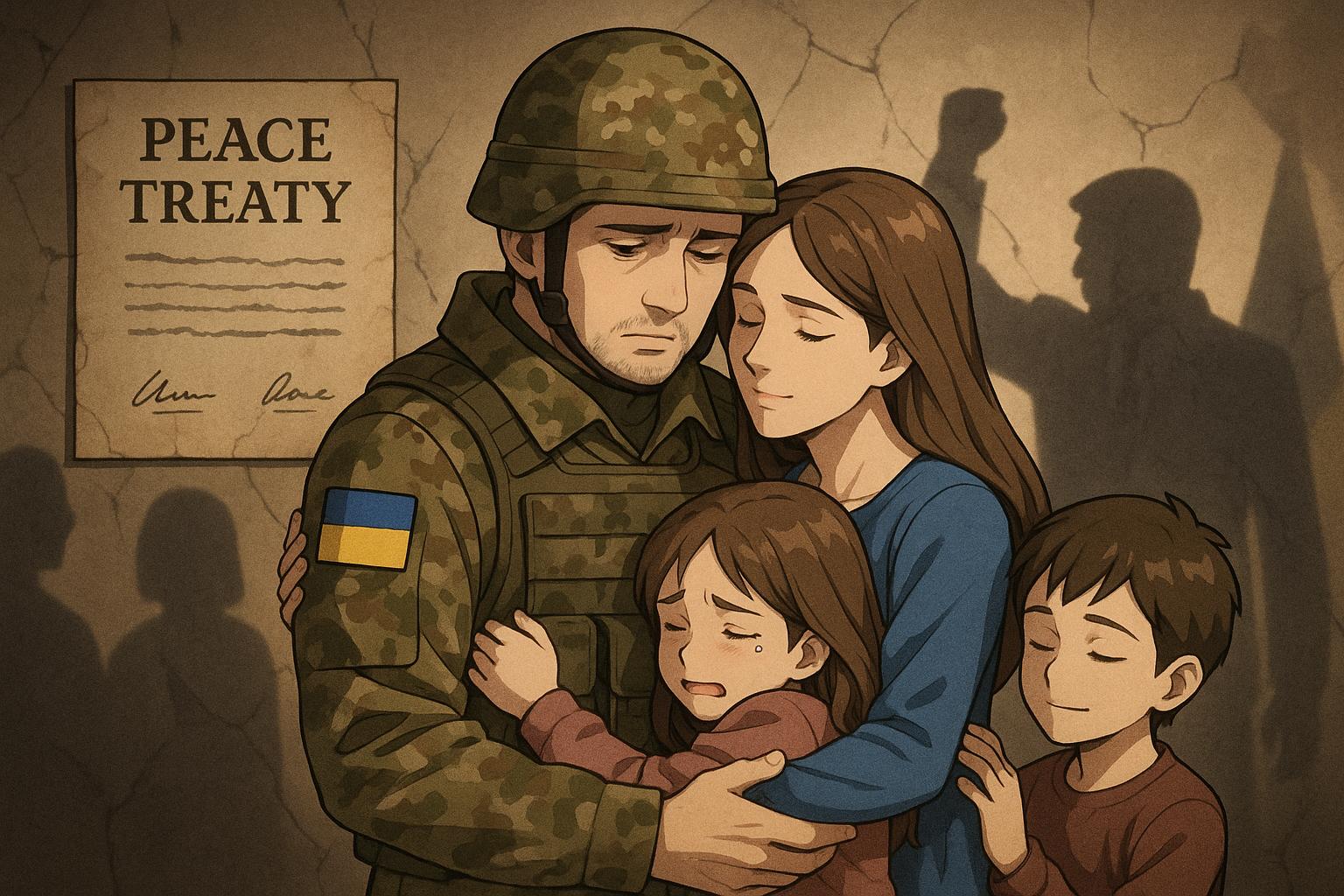The recent exchange of 390 Ukrainian prisoners of war has undoubtedly brought a wave of relief to the families involved, marking a significant moment in a protracted conflict. Each individual returning from captivity is a testament to endured suffering, and their homecoming deserves celebration not only for the personal reunions but also for the human dignity it restores. However, amid this emotional backdrop, it is critical to maintain clarity regarding the broader implications of such exchanges. Historically, these moments of apparent goodwill can obscure a more troubling reality: they are frequently employed by Russia as strategic moves to stall negotiations.
Over the past eight years, particularly during the Minsk process, the pattern has been unmistakable. Periodic releases created an illusion of progress, fostering a sense of optimism that negotiations were yielding tangible results. Yet, even as prisoners were exchanged, the situation on the ground deteriorated, with Russian demands continuing to escalate. No matter the concessions offered by Ukraine, Moscow's proxies consistently pushed for more, while meaningful ceasefires remained elusive. This pattern of behaviour suggests a deliberate strategy by Russia to use humanitarian gestures as a facade for continued territorial ambitions, all while the international community's focus wanes.
European leaders, especially those like French President Emmanuel Macron, understand this tactic well. Having witnessed Russia's ability to exploit moments of optimism during negotiations, they advocate for a robust approach that applies pressure on Moscow, reinforcing the need for negotiations to be underpinned by strength rather than the mere appearance of goodwill.
Contrast this with the current U.S. administration, which appears less versed in the intricacies of Russian negotiation tactics. Their interest in engaging directly with Moscow raises concerns that historical lessons may be overlooked. The U.S. leadership must be wary of prioritising perceived progress over substantive outcomes, as history has shown that such missteps can lead to severe repercussions. The negotiation table can quickly become a stage for Russia to exhibit strategic cunning, concealing its true intentions while consolidating gains on the battlefield.
The international community must cautiously navigate these exchanges, recognising their humanitarian significance without conflating them with real diplomatic progress. Despite the imperatives to secure the release of captives—a moral obligation, especially given the trauma many endured—these acts must be contextualised appropriately. Genuine peacemaking cannot be measured by the number of prisoners released but should focus instead on essential benchmarks: an end to Russian hostilities, verifiable withdrawal from occupied territories, and a commitment to respecting Ukrainian sovereignty.
Moreover, the willingness of Russian propaganda to fuel narratives that justify aggression cannot be ignored. Until the international community unites around clear and firm principles, acknowledging that prisoner exchanges alone do not constitute a path towards lasting peace, the risks of falling prey to repeated cycles of manipulation remain high.
As families celebrate the return of their loved ones, their joy must be tempered by an awareness of the wider implications of these developments. It is imperative for policymakers and observers to maintain an analytical stance, recognising that while humanitarian gestures hold real value, they do not replace the necessity for meaningful, decisive action towards resolving the conflict. The lessons of the past must guide our understanding today, ensuring that we do not inadvertently bolster a narrative that has historically favoured Russia's enduring expansionist ambitions.
Source: Noah Wire Services
